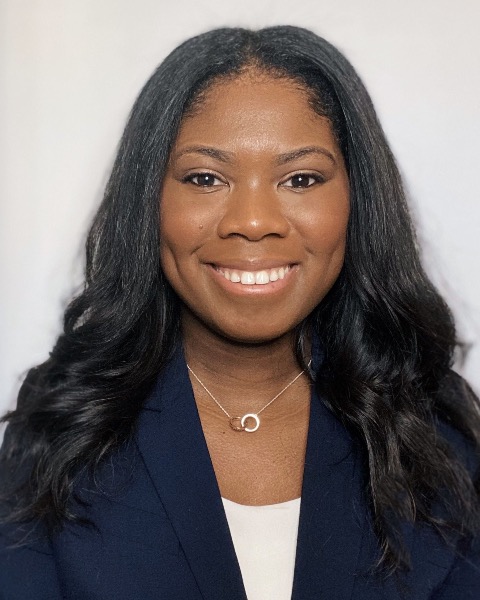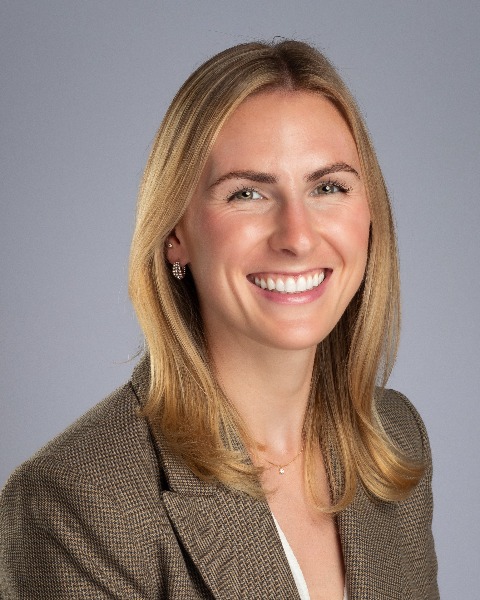Poster Session 2
(424) Implementation Challenges for Prenatal Genetic Screening (PGS) at Federally Qualified Health Centers
.jpg)
Asha N. Talati, MD, MSCR (she/her/hers)
Assistant Professor
University of North Carolina at Chapel Hill
Chapel Hill, North Carolina, United States
Maura Jones Pullins, MD (she/her/hers)
Fellow
University of North Carolina
Chapel Hill, North Carolina, United States
Mia Hodges, BS (she/her/hers)
MS4
University of North Carolina
Chapel Hill, North Carolina, United States- EH
Emily Hardisty, BA, MS
Instructor
University of North Carolina at Chapel Hill
Chapel Hill, North Carolina, United States - MD
Madeline Dyke, MS
University of North Carolina at Chapel Hill
Chapel Hill, North Carolina, United States 
Neeta L. Vora, MD
Associate Professor
University of North Carolina at Chapel Hill
Chapel Hill, North Carolina, United States
Submitting Author and Presenting Author(s)
Coauthor(s)
Study Design: Qualitative interview study of maternity care providers (MCPs) at FQHCs in NC. Eligible participants were those that see pregnant patients, order and provide counseling for prenatal genetic screening, and follow up results. One-on-one semi-structured interviews were conducted by a single interviewer using an audio-video platform, were recorded, and transcribed. Interviews focused on the following domains based on the Consolidated Framework for Implementation Research (CFIR) constructs: (1) perceived value of genetic screening; (2) perceptions of advancing prenatal genetic technologies; (3) individuals and structural barriers to PGS in public health settings; and (4) recommendations for improved implementation. Interviews were completed after categorical saturation was reached. Interviews were immediately analyzed after interview using a rapid qualitative analytic process.
Results:
Twelve MCPs were interviewed across FQHCs in 12 counties in NC. 9 providers identified as maternal health program coordinators or managers (RN), and 3 providers identified as advanced practice providers (NP). Mean number of years in practice among the cohort was 6.6 (SD 2.4). In describing their patient populations, all providers reported seeing patients who have Medicaid, presumptive Medicaid, or uninsured. Patient languages in all clinical settings were described as English and Spanish, with one clinic reporting a large Haitian Creole population. Several key themes were identified: (1) MCPs value PGS and describe inequities in access, informed consent, and types of testing between public and private healthcare settings; (2) health literacy and cost are the most cited barriers to PGS implementation; (3) resources for education and expert consultation are needed in rural areas.
Conclusion:
Resources to address health literacy, cost, and access to genetics expertise are necessary to improve implementation of PGS at FQHCs.

